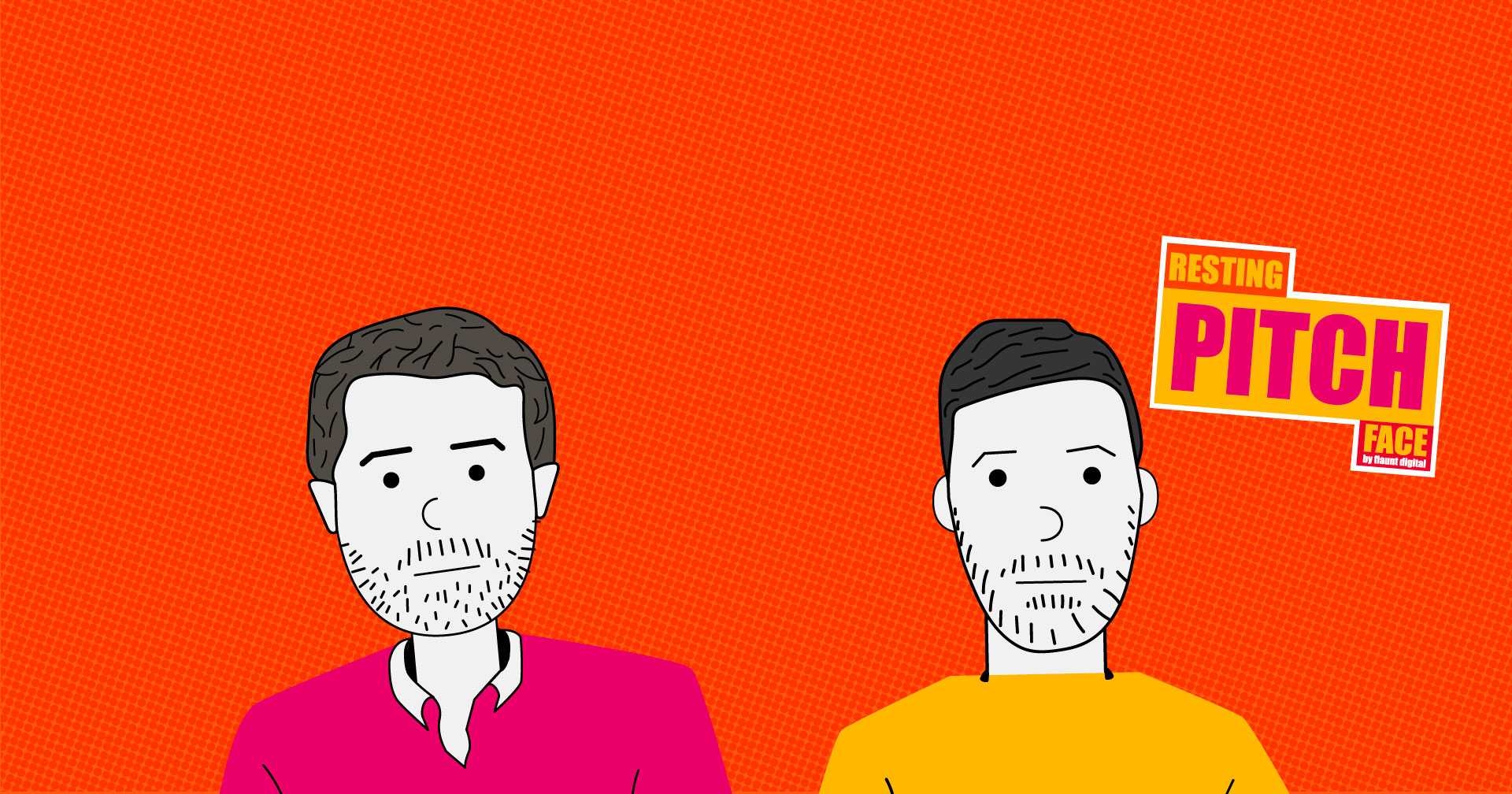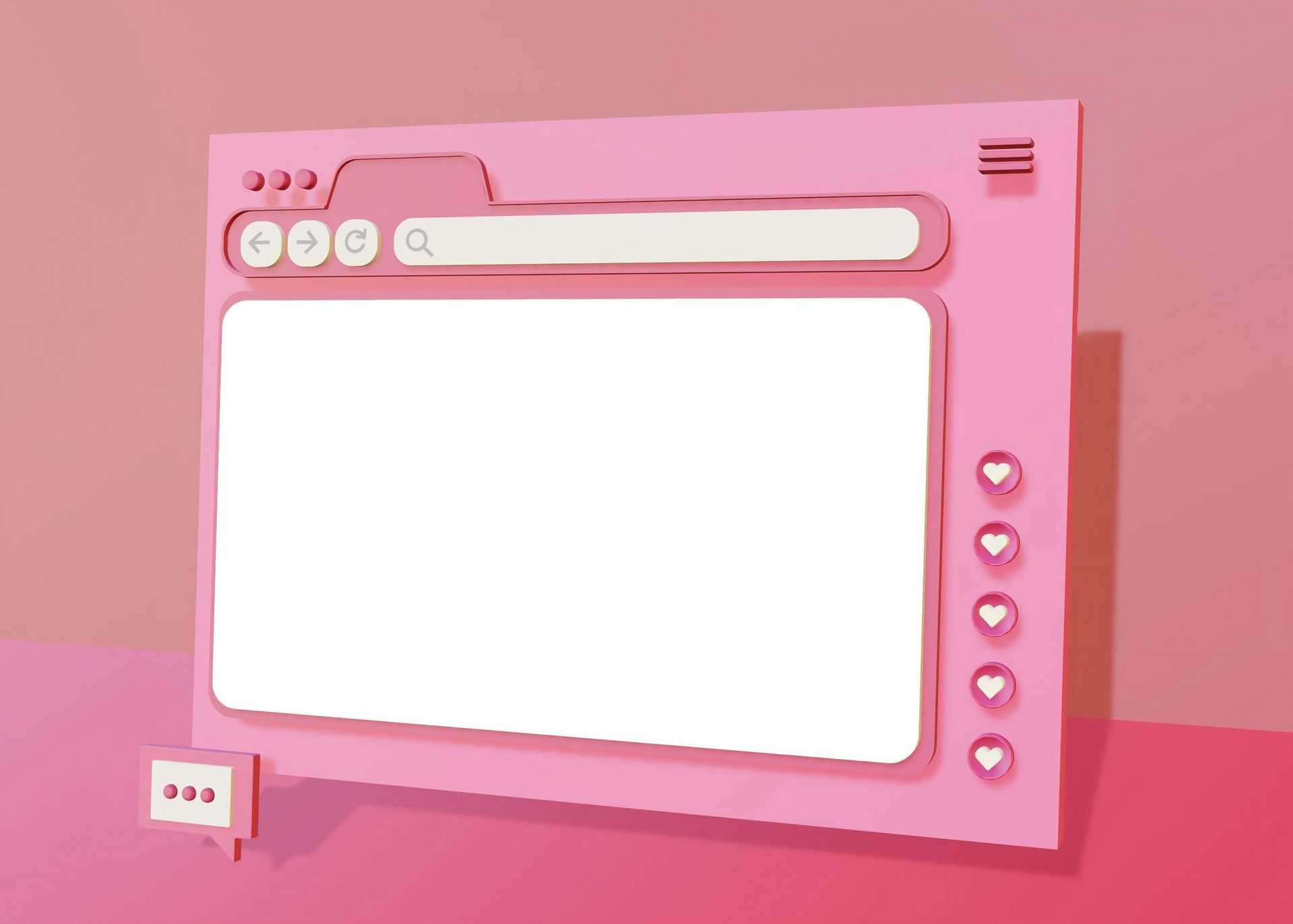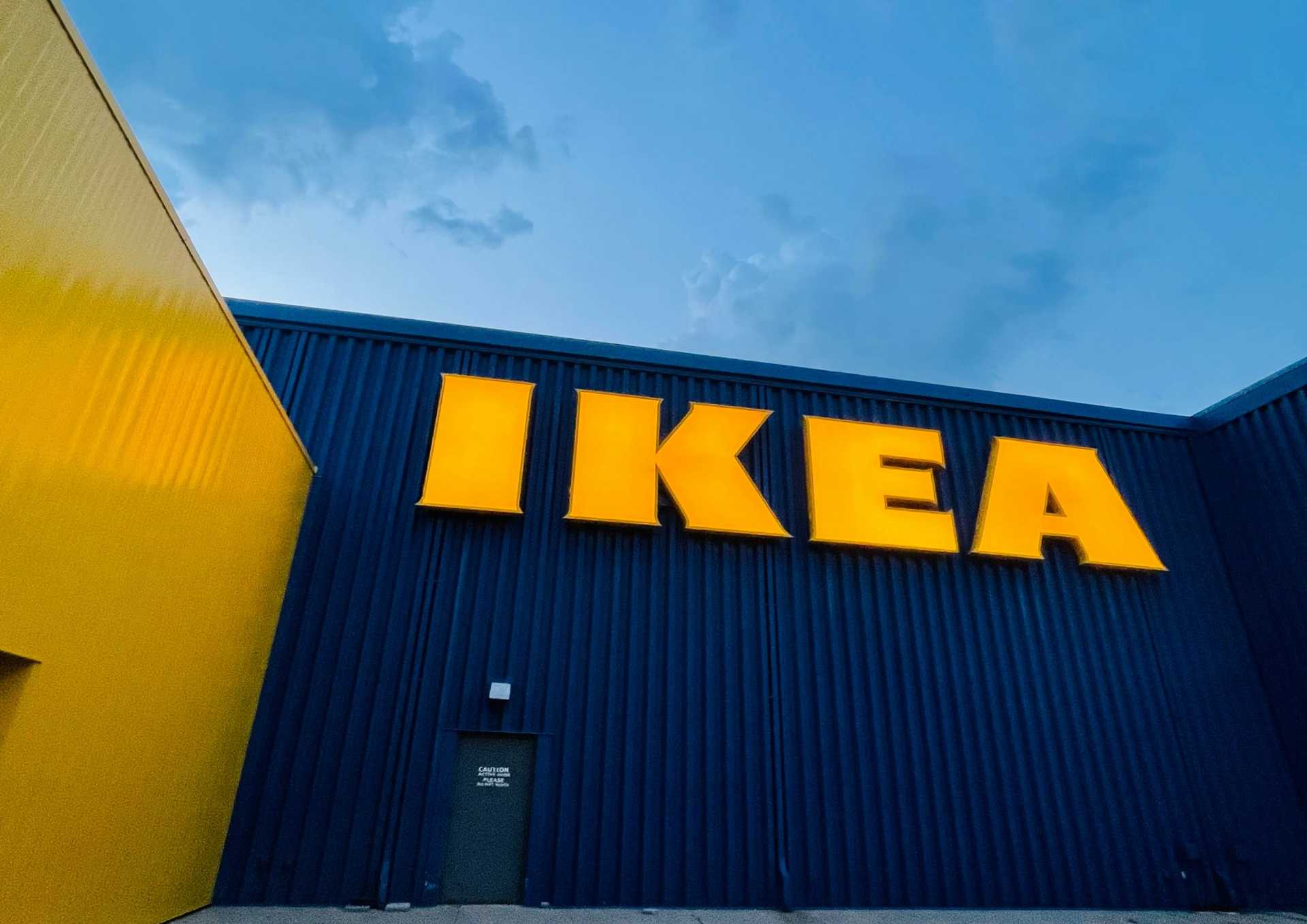RESTING PITCH FACE EP 2: LIFE IN THE FAST LANE
Listen on Spotify or Apple Podcasts or subscribe to our YouTube channel for weekly episodes.
See below for a full transcription of episode 2.
VIDEO TRANSCRIPT
Dan: So we talked about agency myths. Are there any that come to mind? I’ve got one that we can talk about. But…
Lee: Yeah.
Dan: Yeah? So the work and play balance. So all work, no play or the opposite. Before I came into the industry, I thought agencies looked very fun at first, rather than the work and the case studies. That’s probably where I thought, being truthful and honest, where I thought I wanted to go. And the reasons for why I wanted to go into marketing. You having set up Flaunt, what do you think about that? Has it changed over the five, six, seven years that you’ve done…you’ve been at Flaunt?
Lee: I think it was more… So going back a decade, I think it was more work. Very hard play, very hard. But when I say play very hard, I mean, play how we want you to play.
Dan: Yeah.
Lee: This is how we play you. You need to fit in. You need to work to the point of exhaustion, and then you need to play to the point of exhaustion.
Dan: Yeah, Monday to Friday. You’ll have your weekend to read a book.
Lee: Yeah. Well, and sit down.
Dan: Yeah.
Lee: I think that’s the difference 10 years ago. And that was driven by leadership as well. I think, older school leadership worked very hard, played very hard, fast culture. It’s at the pinnacle of agency world. Dragging people out that didn’t really want to go out.
Dan: Yeah, we’ve all been there, haven’t we? That’s the thing with, like, if you take yourself back a decade and just almost really put yourself in that Friday, 5:00, 4:00 in the pub that you all went to if you really picture the people…the big group, the people that you are with, there’s some people that just jump out straight away that you think sticking out like a sore thumb, uncomfortable, unhappy, but feeling like …
Lee: Pressure.
Dan: Yeah. Especially like you almost feel sorry for them now, but I’m…how I’m feeling right now thinking about the kind…and I was one of these, the young… you know, the younger ones that want to get into marketing. And I studied marketing and business, but marketing really and agencies looked attractive. It was marketing which I did well up at uni. So the two go hand in hand and you think, Yeah. Worked for an agency. Different clients, all that sort of stuff, different industries, but you get swept along, and like you say, it’s almost like, welcome to the agency. These are the rules in work, and these are effectively…
Dan: …yeah, the rules outside of work, and yeah, I can picture a few people, usually young.
Lee: But those people come into it and think that to be included, they need to partake.
Dan: Yeah.
Lee: And I think, like I say, going back a decade, the blindness from agencies to that feeling that people were having caused bad culture, bad reputation. Whereas now, or whereas I’m using flaunt as an example, that’s just not the case. People’s choices are respected, but also I think if you look at the last two years, that’s accelerated companies having to acknowledge that they need to genuinely give a shit about how people are feeling. And if you look at that from a business perspective, if you don’t feel good, or if you’re not in a good place outside of work, how are you expected to do good work? It’s not a hard equation.
Dan: No, it’s not. I remember, obviously, two years is a good way to look at it because we all know what’s happened and the changes that have been forced upon us effectively because of the last two years. But you and I first met just say three years ago, two and a half whatever. And I’m pretty sure when we first met, I said I’ve done the agencies culturally, you know, the social. I’m pretty sure I said that to you. I said, I’m getting to an age now and I’ve done…I’ve experienced it. I’m not interested in…but from a cultural perspective, I’m not asking for much. But what I am kind of asking for is not to just be dropped back into that agency environment from a social perspective and a cultural perspective, i.e., every week in the pub it being expected of you, and that nervousness about going, I don’t really want to go. I’ve had it…I’ve had enough of it. I’m not signing up for that. I’m pretty sure we spoke about it. That was pretty…All this plus two years of shit.
Lee: That was way pre COVID.
Dan: Yeah. So it was happening then is what I mean. But you’re right, obviously, COVID has accelerated bloody loads of stuff, but for certain people like me who’ve already experienced the other side of it, and obviously, you guys have before you settled Flaunt, it’s been…these things and these feelings have been bubbling away for a long time. I think of just stop making people feel uncomfortable and feeling obliged to be part of… You know, someone who goes to the pub and is up for a few pints is no better of a person than someone who, you know, you work alongside. It really isn’t uncomfortable…It really isn’t comfortable with it.
Lee: The people that will go for a pint on a Friday now would have done it five years ago.
Dan: Yeah. Yeah.
Lee: The difference is not forcing people and respecting people’s decisions that don’t want to do that, or don’t want to do anything. It doesn’t have to necessarily…using the pub as an example, it doesn’t have to be the pub. And in any event, any forced situation just shouldn’t occur. I think on the flip side of that, where we are now, from a recruitment perspective is the expectation of people coming into businesses is their complete opposite. Almost certain candidates, almost at the extreme end of the spectrum in terms of what their expectations are from a company and from an agency, it’s gone to the very far end, in some cases, in what they’re expected, and it’s put agencies in a tough position because we’re in a creative industry where inherently what we do in the public perception of an agency is a cool business, it’s a fun place to work.
So when agencies use the word culture and spray benefits about and try and make themselves attractive, it’s superficial. So for agencies that are doing it well, it becomes harder to be genuine and to stand out and that is becoming a problem. The talent pool, there’s a digital skills gap. Everybody knows that recruitment is hard. On top of that, then having to be in a space where everybody’s saying the same thing. How are candidates supposed to see through the shit and actually find a genuine opportunity with an agency that’s doing it well?
Dan: Do you think they come…they’re coming from a place of more information? So they’re coming more …
Lee: One hundred percent.
Dan: …than I would have done, for example, you would have done when we joined…?
Lee: One hundred percent.
Dan: …this career path. Yeah.
Lee: I think it’s confidence. I think it’s knowing the value of what you’re capable of delivering in terms of specialisms. Everybody in an agency environment has a specialism. And then from a personal level. Being informed enough and confident enough to put any concerns out on the table is something that I think maybe 7, 8, 9, 10 years ago wasn’t in play, because it was harder to get a job because there was less opportunity, and the education around the value that you bring to a business was lacking. And I agree with people knowing their worth. And I agree with people understanding the value that they bring. And I understand that people have a specialism. It just doesn’t make it easy for an agency to come across as genuine.
We were doing the right thing in my opinion right from day one, which is seven…
Dan: Yeah.
Lee: Seven years ago.
Dan: Seven years ago. Wow.
Lee: Seven years ago. And arguably situations occurred where we were bringing people into the business and it sounded like we were talking complete bullshit but we weren’t. And now we’re in a position where we’re saying the same thing, but there are ten other agencies saying the same thing, but we’re actually delivering.
Dan: It’s like anything, ain’t it. It’s easy to say it.
Lee: Well, yeah, it’s easy to say it. But yeah, I think there’s been a massive step-change. That culture 10 years ago was accepted. I think that culture now people are calling it out.
Dan: Have you seen a change in the seven years? I know you mentioned at the start a decade so, obviously beyond the lifetime of Flaunt as we see it. But Flaunt, the seven years that we’ve been in existence, have you seen a difference from let’s say day one recruitment, and hiring, and culture, and those conversations, and the questions that candidates ask versus now?
Lee: Yeah. One hundred percent.
Dan: Would you say there is a marked difference?
Lee: One hundred percent. And I think when we’re looking at bringing people into the business that we’re communicating these ways of operating and the genuine care that we take over everybody that’s part of the agency. The candidates that that resonates with, and that can hold on to that as a truth are the people that come in, and the people that do well. I think where my skepticism starts to come in is when I’m speaking to candidates that push the boundaries on what’s realistic? That’s the difference. The information that people have gotten, the confidence that candidates have is due to an expectation, which has been accelerated by COVID.
Dan: Are you talking about flexibility?
Lee: There’s just lots of facets to it.
Dan: Yeah, the working from home thing, I bet is a…Well, it’s a whole new thing for many, many businesses. I know, obviously, some businesses work fully remote and lots of stuff, but the core of industry has had that forced upon them and a decision to make on an ongoing basis and I’m sure you guys, obviously, thought about it, that if you don’t offer it, because everyone else is offering it, you kind of not with the pack from an expectation, a minimal, you know, baseline expectation perspective on behalf of candidates coming into Flaunt.
Lee: Yeah, I think the working from home thing is an interesting one. I think it comes down to trust. We’ve never not had trust in the people here to deliver the work and I think pre-COVID the flexibility that we offered was always relaxed. It was never a productivity play having people be in the office.
Dan: No.
Lee: It was just…It’s been a culture shift, hasn’t it? And I think it would be naive of us to think that going through COVID and coming out the back of it and operating normally of pre-COVID would be acceptable.
Dan: Yeah. With the environment, a physical environment of an office, an agency office, the stereotype is what we all know, bean bags…
Lee: Bean bags, slides, and ping pong table.
Dan: …Slides, yeah. Beer fridge which…?
Lee: I’m drinking a beer. I’m drinking a Flaunt beer right now.
Dan: Do you…I again, obviously, I can only speak from my experience. I remember first walking into my first experience of agency and thinking, wow, shit, and now I’d laugh at myself. Do you think that is also a noticeable shift in what people…? It’s not necessarily an expectation from a candidate’s perspective, but whether it makes an impression, whether it matters to them do, you know, like I say, I reckon I probably even walked into the office and went, oh…You know, I actually said to someone, wow, there’s a ping pong table over there or whatever. I mean, I…Weirdly, I can’t imagine candidates nowhere near at the same rare and volume as I would have done it when I joined kind of making comments and remarks about physical ping pong tables and bean bags. Has that shifted as well?
Lee: I mean. I’ve got quite a unique opinion on office space in general, because I’ve always viewed office space as being for the people that work within it, not the clients. Whereas I think going back to agency myths and legacy agency myths, offices were there to impress clients.
Dan: Yeah, yeah.
Lee: That was it. Full stop. The team were an afterthought. The ping pong tables were there to give the perception…the bean bags were there to give the perception.
Dan: Yeah. And then you’d get watched if you …
Lee: If you dared to play table tennis.
Dan: What the fuck do you think you’re doing?
Lee: Yeah, exactly.
Dan: Put that bat down. Get back to work.
Lee: And that’s the thing for me. I’m trying to create a space and an environment where people want to be has always been part of the agenda for design in an office.
Dan: I also feel like it’s including people in, you know, I have a feeling here that suggestions from people coming throw you, you know, put your hand up and say, what about this? What about that? Whereas other places you’d think, I wish this, I wish that, but you’d keep it to yourself, because what’s the point? Because the powers that be are in charge and we’ll tell you. Again, it’s the same thing and the same story, same narrative forcing it upon the people that you work with, which is a shame, and I’m absolutely not in any mindset that everyone is doing this. We know that. This isn’t broad across the agency world, and we’re not the only ones like this. But I don’t know, it’s…
Lee: I think we’re in a place now where agency myths, going back let’s say five-plus years versus now are largely addressed. I think there are only a handful of agencies that are not doing the right thing.
Dan: Quite like to do that like undercover boss.
Lee: I mean, that’s just my perception now. I could be completely off base there, but…
Dan: It’d be really be quite…Yeah, it be quite good to do that.
Lee: I’d be surprised if we were to get the opportunity to go around and do some undercover work if you like, and discover that it was being done so poorly as a widespread thing now.
Dan: Yeah, yeah, you can’t imagine it as such. I mean, you still hear horror stories in different realms of agency life. But I don’t really… Yeah. You’d like to think it’s…The narrative has been talked about enough, hasn’t it? And like you said, candidates all kinda tell you, and you’ll get that feeling, and clients won’t be walking in and going oh, wow, will sign this agency up because there’s a ping pong table over there.
Lee: Well, it comes down to retention as well. Voluntary attrition is a metric that I pay a lot of attention to in terms of validating culture and validating environment, and I think that is a…that’s a big thing if you got high turnover of staff leaving of their own attrition, then you’re doing something wrong.
Dan: I have to look at that.
Lee: Your environment is wrong. You’re doing something wrong. You’re telling them something wrong. Your benefits are wrong. Your working environment is wrong.
Dan: Nailed it.





